Advance your career with professional goals
Summary
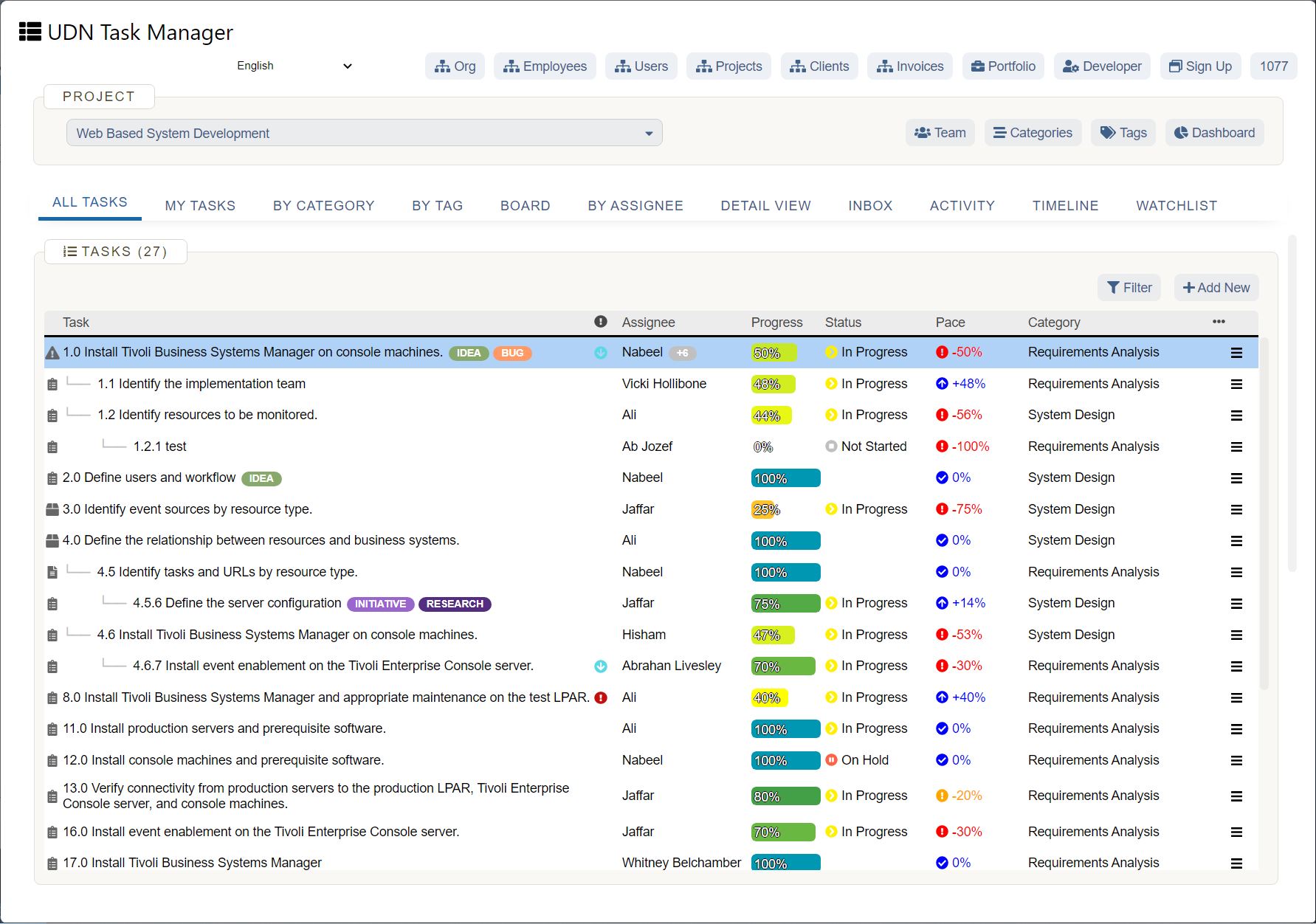
Professional development goals are objectives that help you advance in your career. In addition to giving your work a direction and purpose, setting goals helps you decide where you want to go and the steps you need to get there. In this article, we describe how to create professional goals you really care about and offer real-life goal examples from UDN Task Manager employees.
When you plan a road trip, what do you think of first? Aside from fast food, gas mileage, and Jack Kerouac, usually road trips start with the destination. After all, it helps to know where you’re going before you put your keys in the ignition.
The same principle applies to your career path. It’s easier to progress at work when you know what goals you want to achieve, because clear objectives give you a direction and path forward. That’s why professional development goals are so important—they’re an opportunity to intentionally decide what you want, and how you’ll get there.
What are professional development goals?
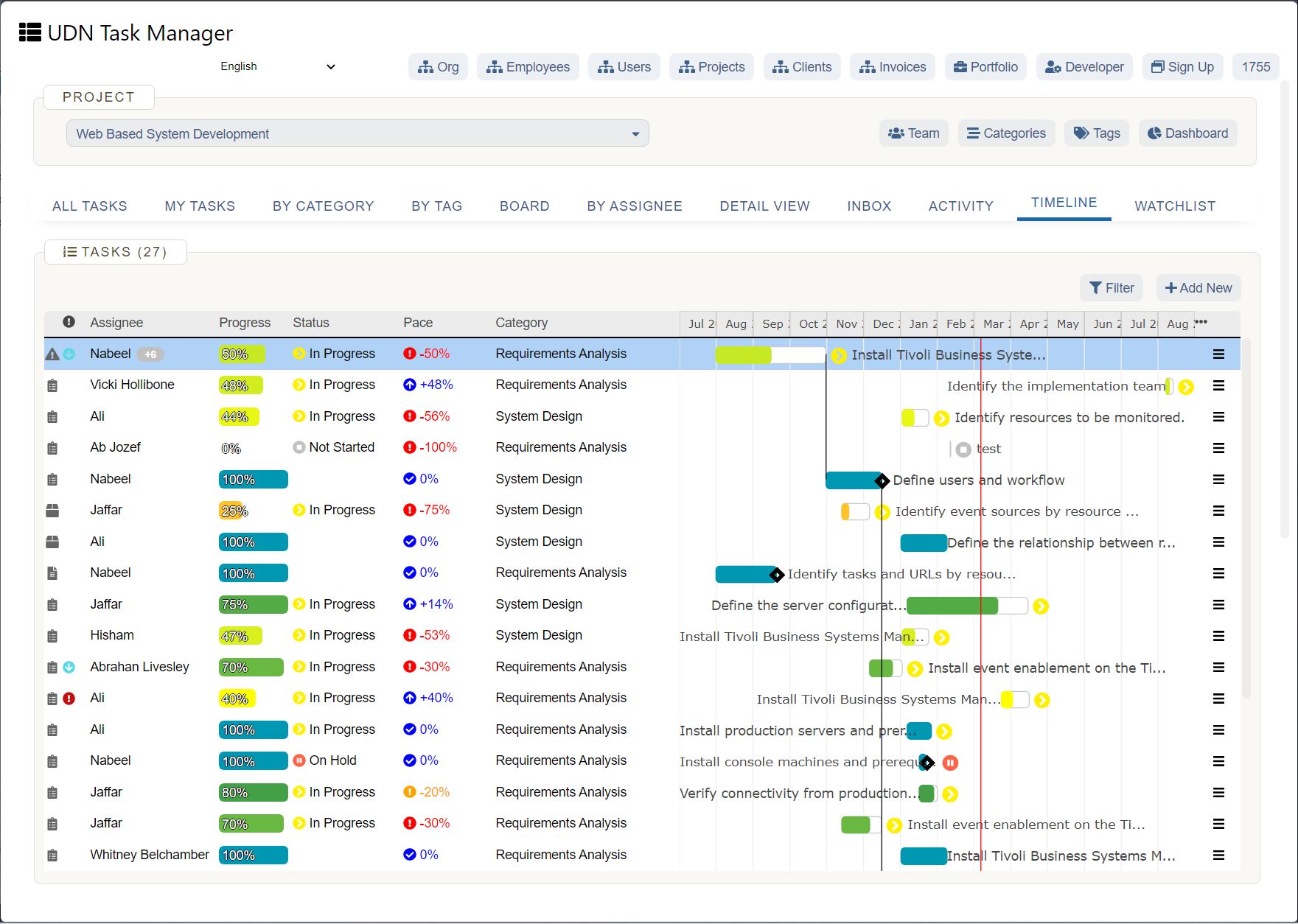
Professional development goals are concrete objectives you want to achieve in your career. They are typically a combination of short-term goals (like taking a course this month) and long-term goals (like becoming a manager in the next two years).
Long-term career goals provide a north star to work towards, while short-term goals break up the work into more immediate and actionable steps.
Why do professional development goals matter?
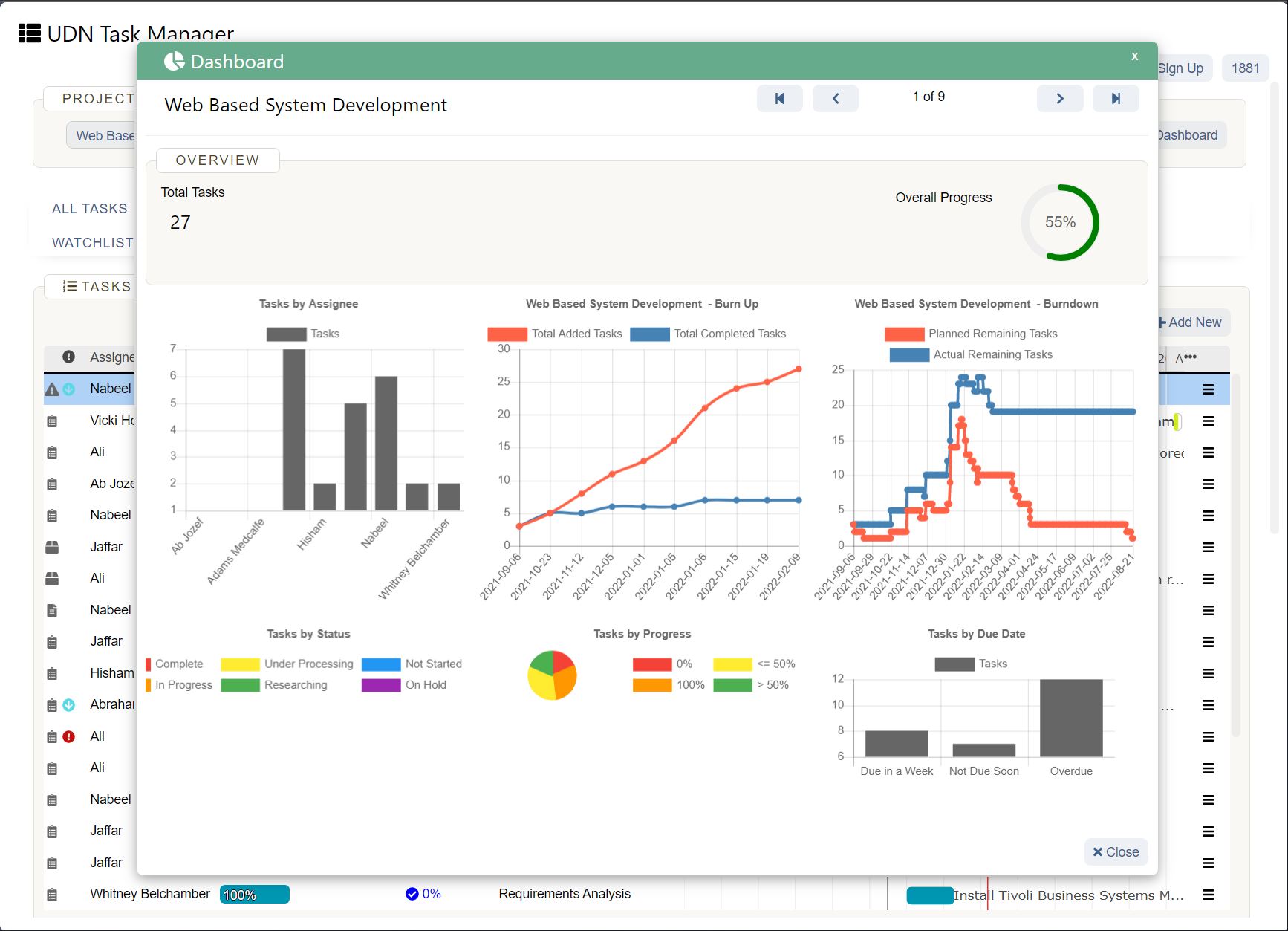
It can be easy to stick to what you’ve always done, or just take any opportunity that comes your way. But that can be a quick ticket to feeling unsatisfied and directionless with your work.
Creating clear goals prompts you to think about what you want, so you can pursue a position or career that truly satisfies you. In that way, professional goals give your work direction and purpose—because when you set them, you know you’re working towards something you actually want to achieve.
Goals also help with intrinsic motivation . When psychologists tested the impact of different motivational techniques on group performance, they found goal setting was one of the most effective. Just setting a handful of specific, ambitious goals boosted the participants’ performance into the 80th percentile.
How to set professional goals you care about, in 3 steps
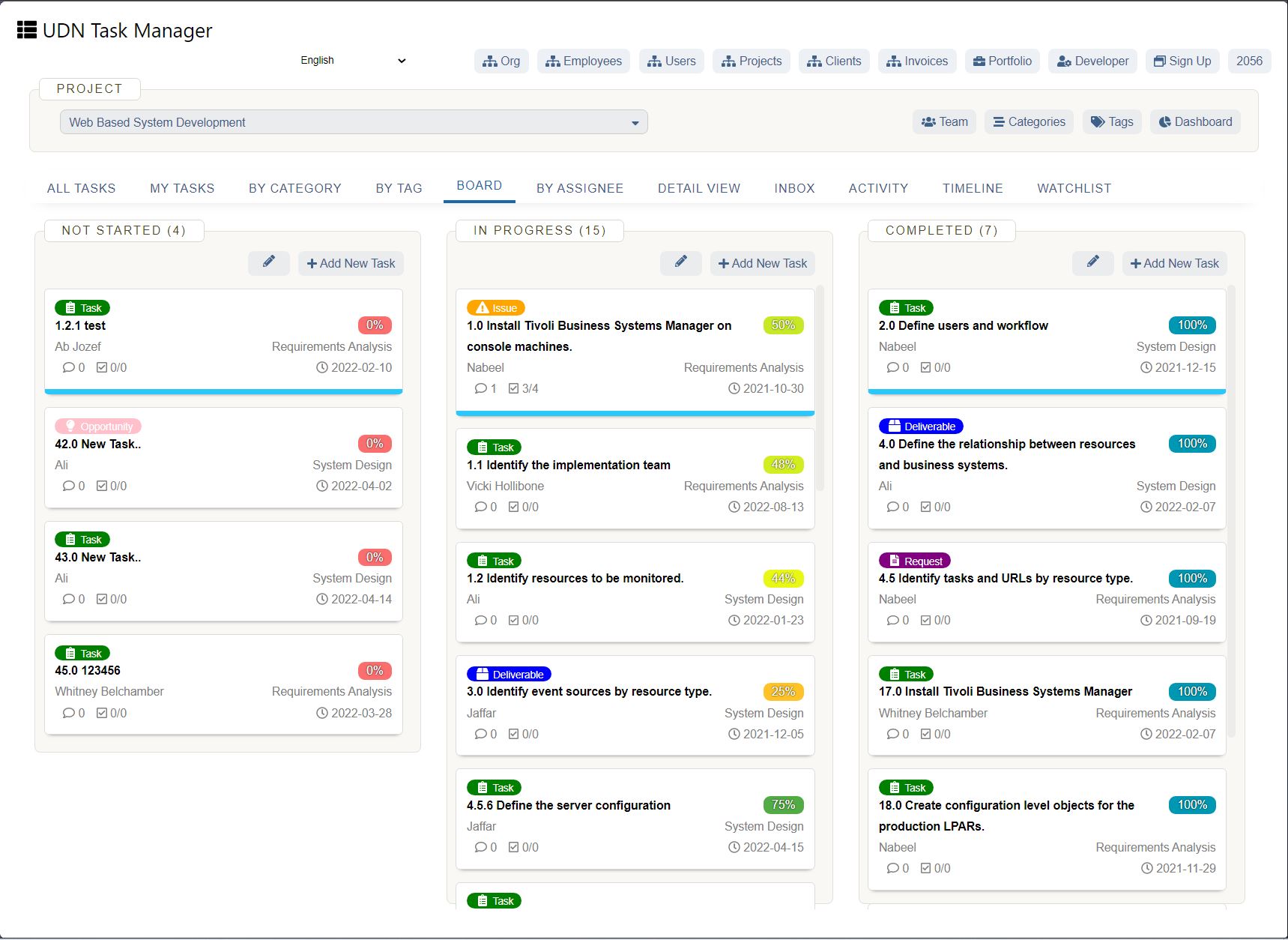
To set the best goals, you first need to reflect on what you want. Here’s how to narrow down your career aspirations and decide which objectives you want to pursue.
1. Identify your values
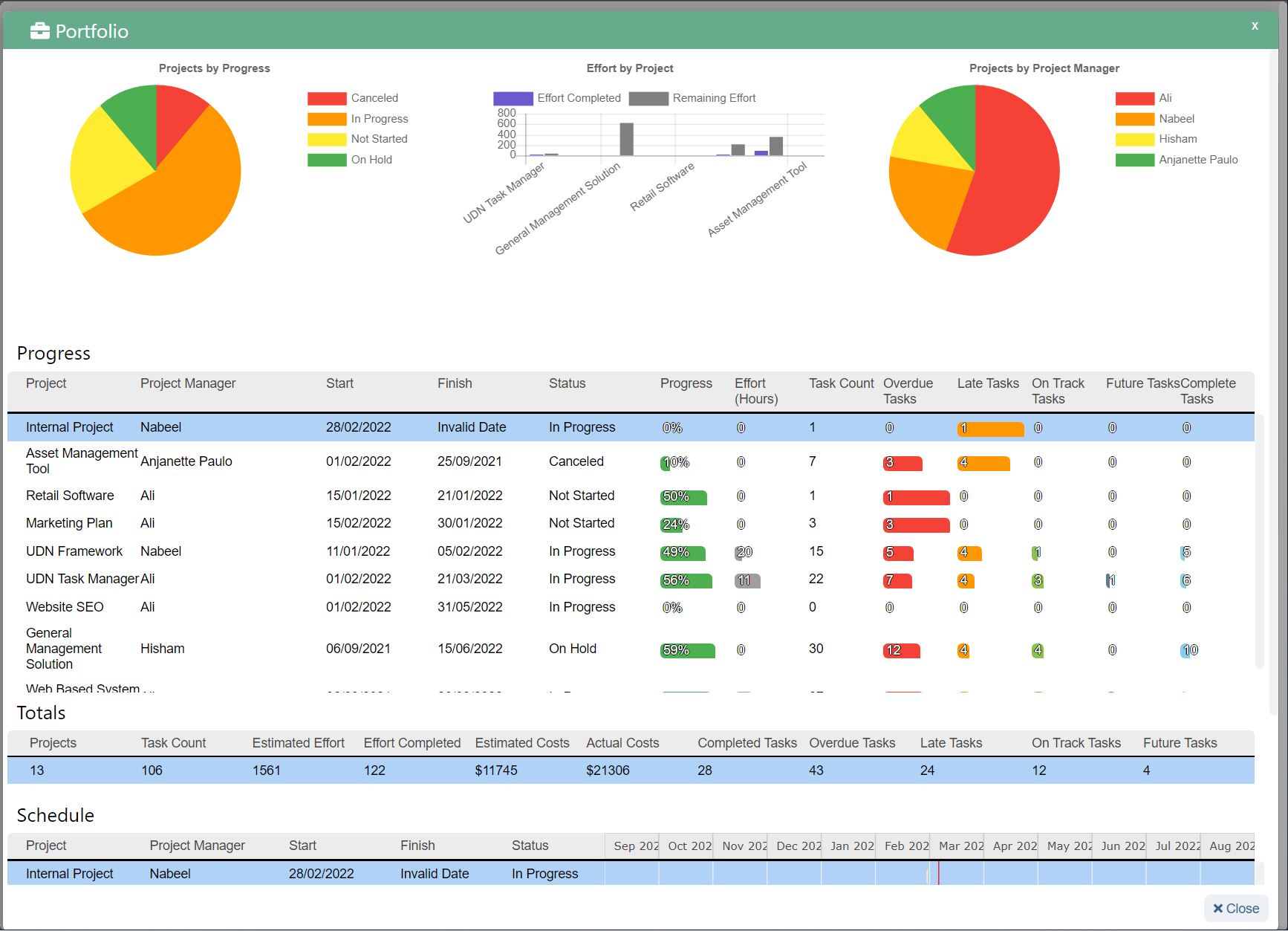
Basing your professional development goals on your core values helps you feel more fulfilled on a day-to-day basis, because you’re striving for something that really matters to you. When your goals and values are aligned, you’re less likely to get burned out and more likely to stay motivated .
So first, you’ll need to identify your values. A good starting point is to ask yourself what’s most important to you, and what type of work has fulfilled you most in the past. Be honest, and try to separate your personal values from what you “should” want or what you think would look best on a performance review.
If you get stuck, try these exercises:
Imagine your ideal future self, and craft present-tense sentences about who you are in that future moment. For example: “I am honest,” “I help others grow,” or “I create new ideas.” Try to come up with roughly three statements, and distill those down into their respective values (e.g. honesty, leadership, and creativity).
Write down the accomplishments you’re most proud of, and pair each with the values they embodied. For example, if one of your fondest career moments was when you revamped and streamlined your team’s onboarding process, efficiency and organization might be two of your values.
2. Picture your ideal work role
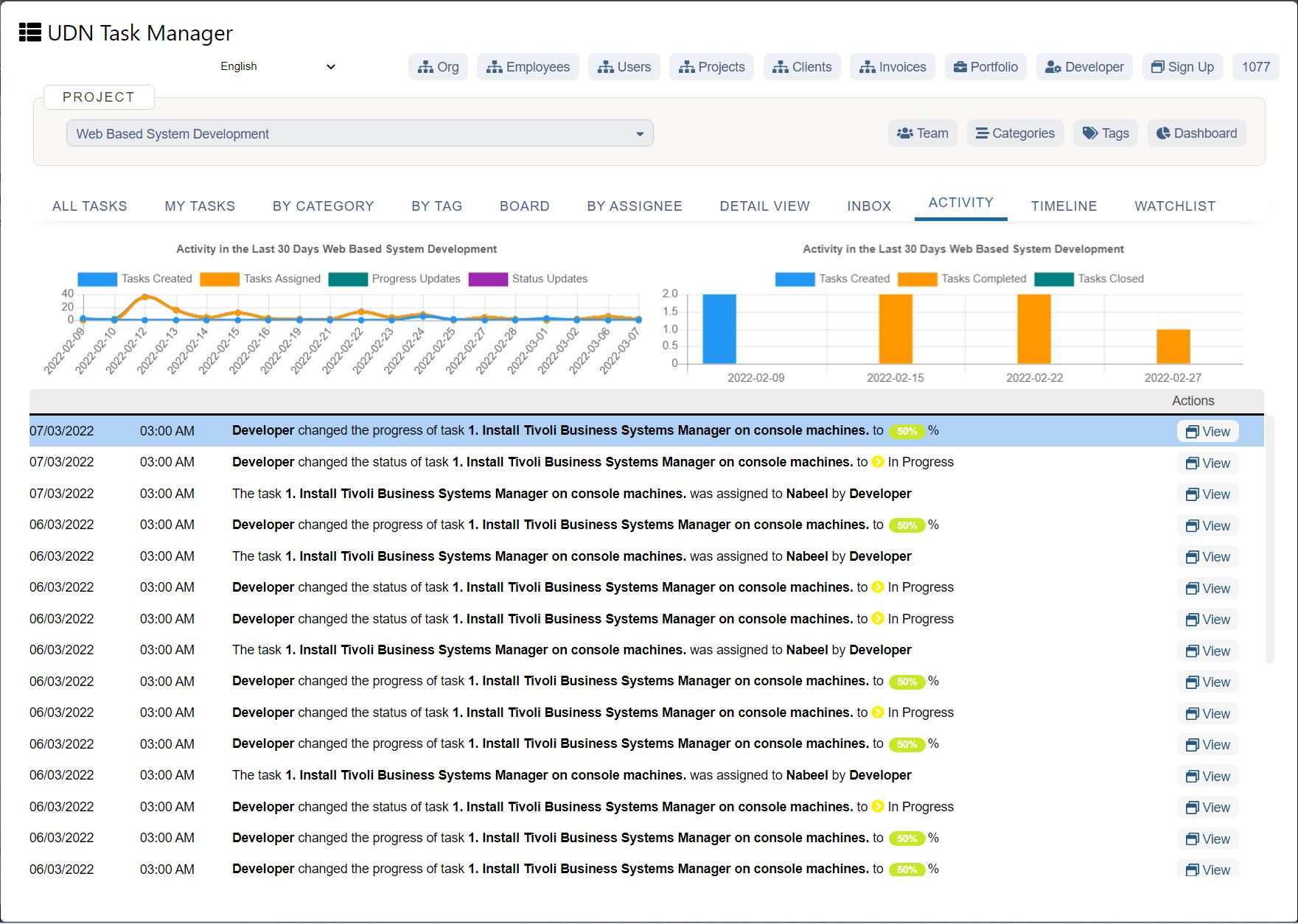
Now that you’ve identified your core values, you can start to think more specifically about how they could manifest in your career. To start, try asking yourself these questions:
What do you want to do more of?
What do you want to do less of?
What type of work fulfills you the most?
What does an ideal work day look like to you?
Where do you excel?
Give yourself time to think this through—you don’t need to nail everything down at once. It’s normal for you (and your goals) to change over time, so remember that iterating is a part of the process.
3. Write down your goals
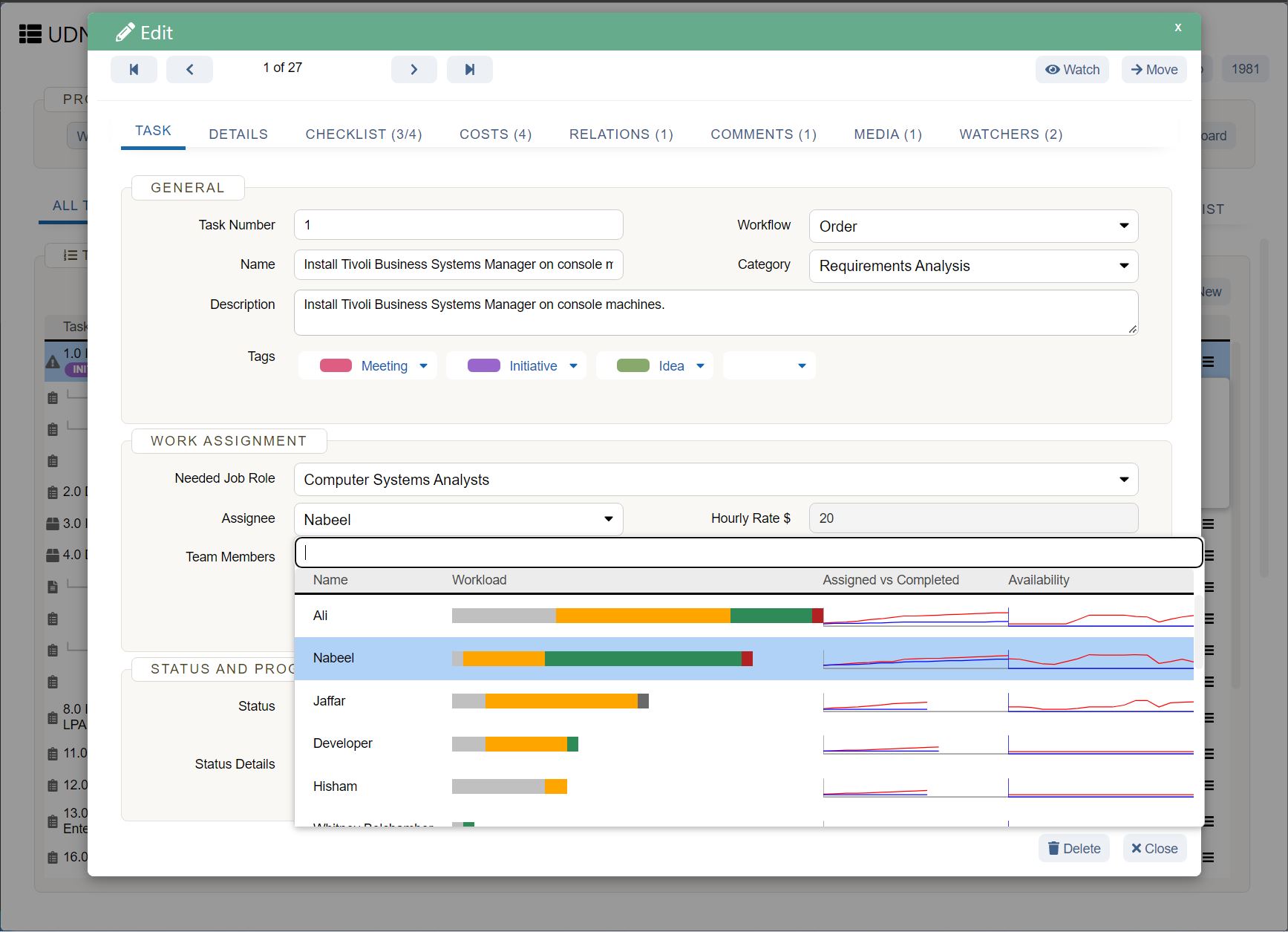
With that internal work done, it should feel easier to set career goals. You now have a sense of what you value and want, and how those values might apply to your professional career. Now let’s turn that knowledge into long-term and short-term goals.
Plan to set your long-term goals first, then break them up into more immediately attainable short-term goals. Think of your long-term goals as the direction you’re heading in, and your short-term career goals as the stepping stones you need to get there. For example, if you value honesty and interpersonal connection, your long-term goal might be to become a manager that people can rely on and trust. In the short term, that might mean taking a course on people management or exploring leadership opportunities at your company.
Whether your objectives are immediate or further out, make sure they’re SMART. Not in the savvy sense, but rather aligned with the SMART goal acronym and framework: specific, measurable, achievable, realistic, and time-bound. For example, here’s what SMART professional development goals might look like for both the long- and short-term:
Long-term :
Become a manager with at least one direct report in the next 15 months.
Short-term :
This week, get coffee with a manager you admire and ask for their advice.
This month, talk to your manager about potential leadership opportunities within your current role.
In the next two months, take a people-management course.
Professional goals examples

If you feel stuck, here are some different types of professional development goals to consider, plus specific examples for each.
Boost your time management skills
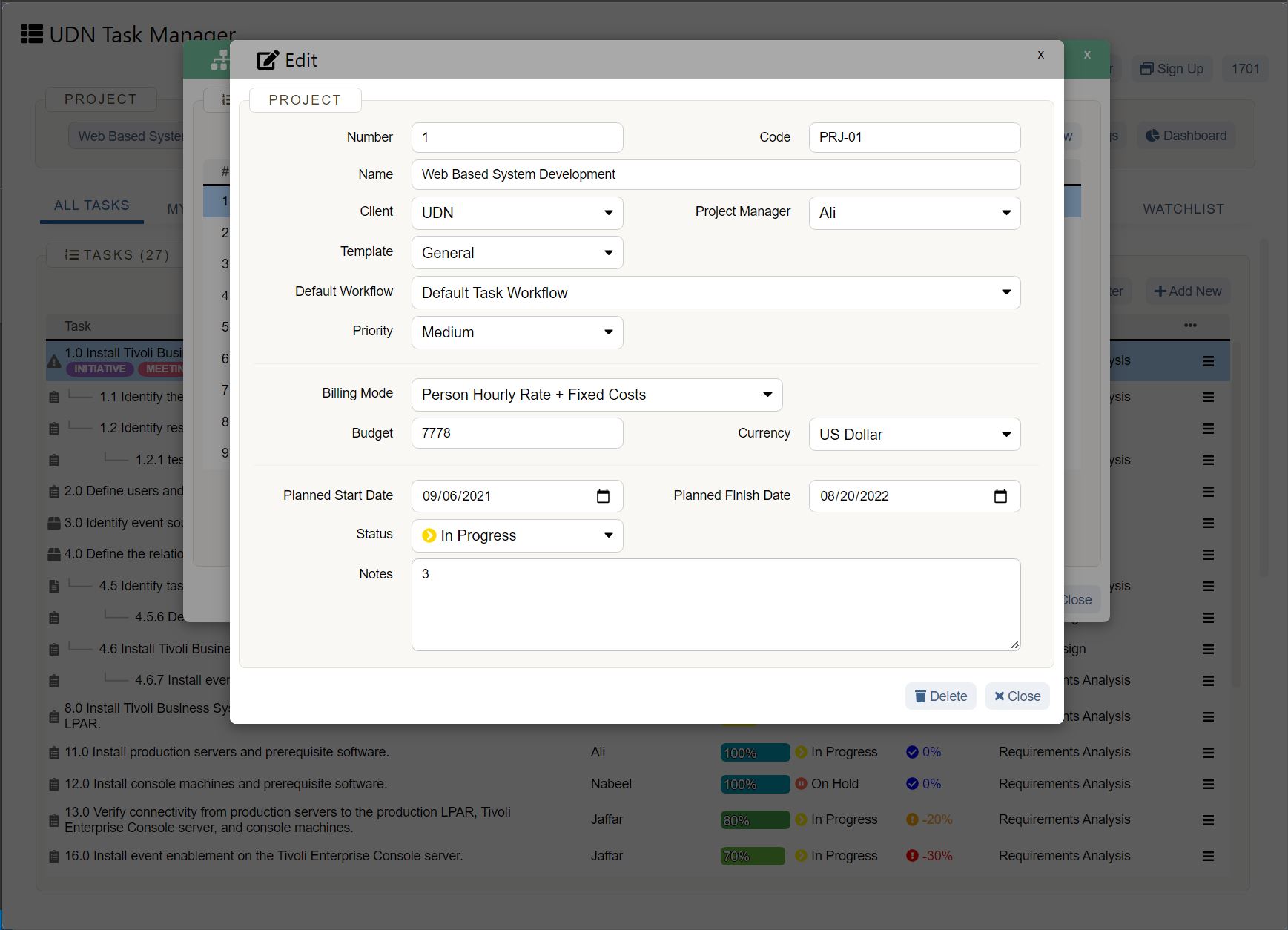
Long-term : Incorporate up to four hours of sustained focus work per day over the next six months.
Short-term : This month, set aside 90 minutes of dedicated focus time each morning.
Find new challenges in your role
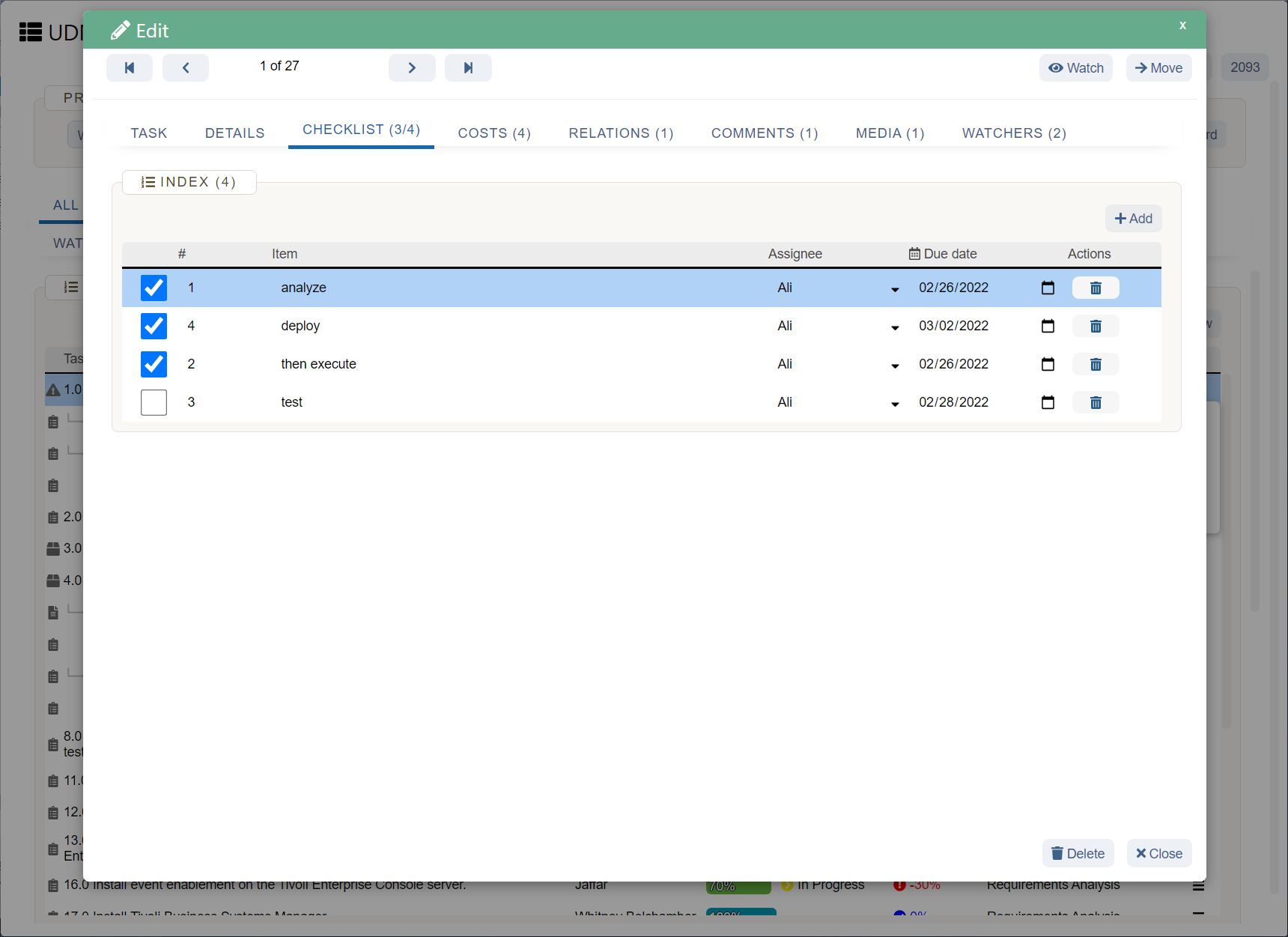
Long-term: Manage a new project or process this year.
Short-term: In the next five weeks, take a project management course.
Take on a new leadership opportunity
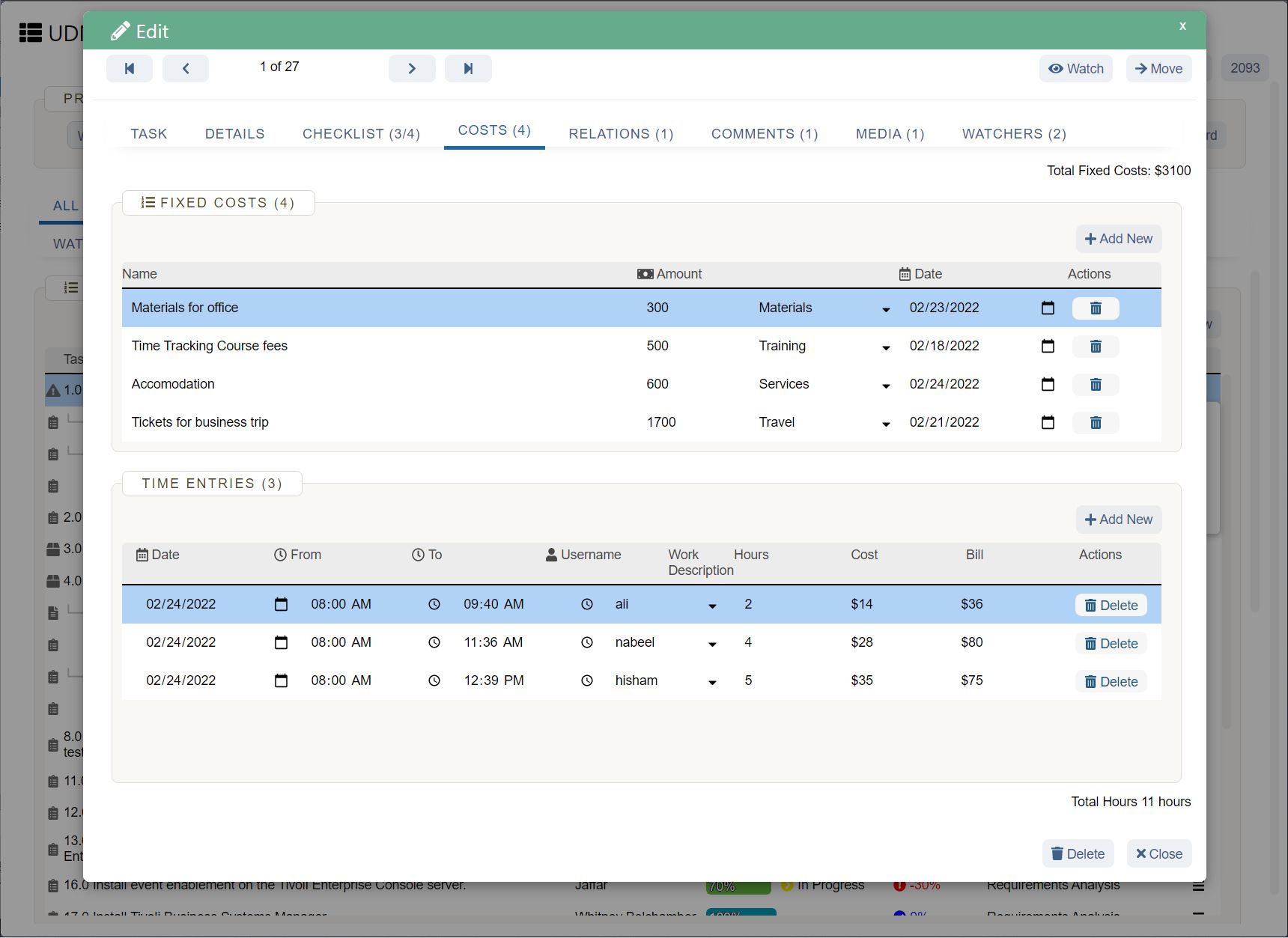
Long-term: This year, create an internship program for your department.
Short-term: This week, reach out to 10 schools to explore potential partnerships.
Learn a new skill
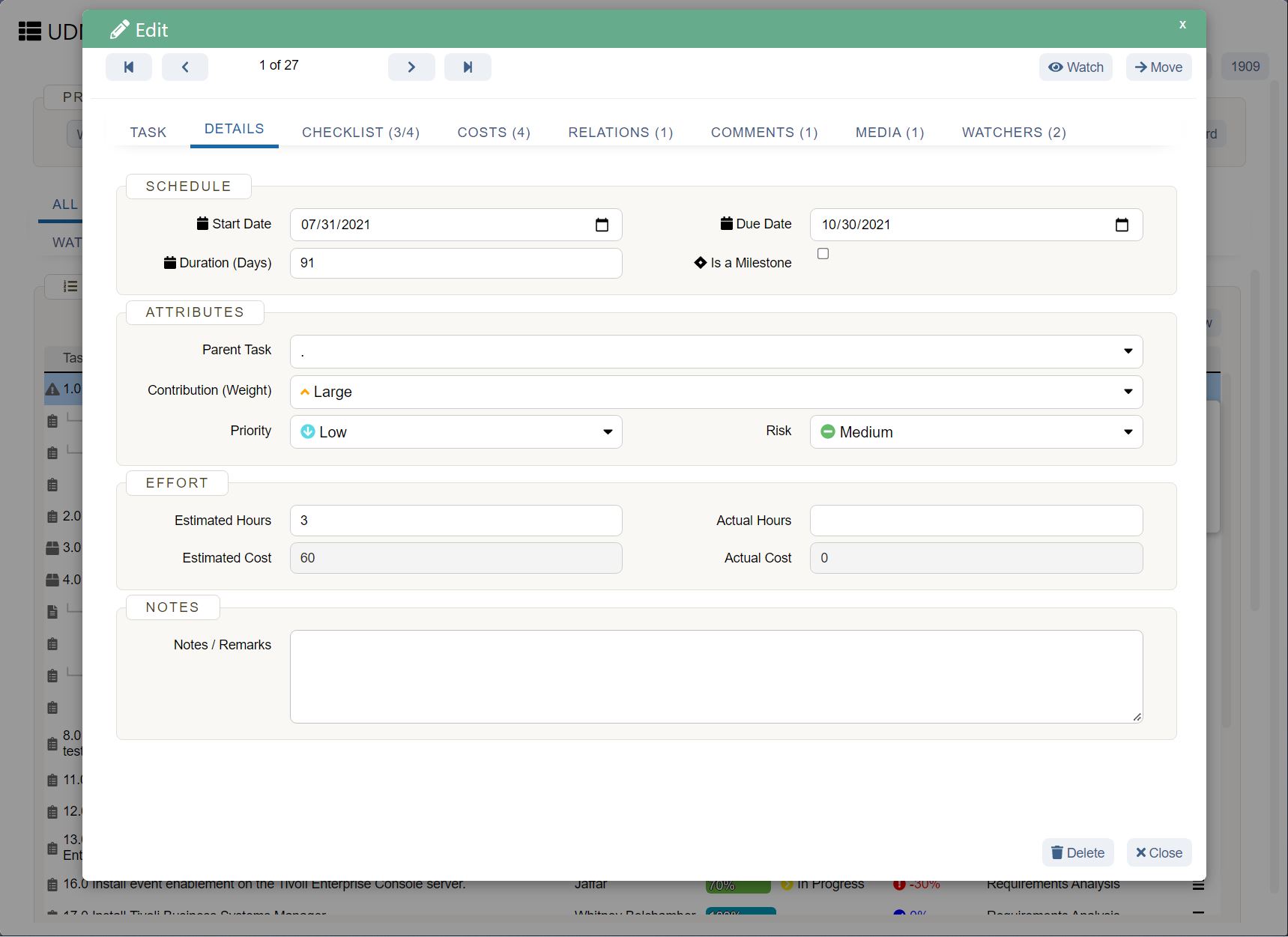
Long-term: Learn Javascript in the next six months.
Short-term: This month, read an intro to Javascript book and complete all practice problems.
Improve your work-life balance
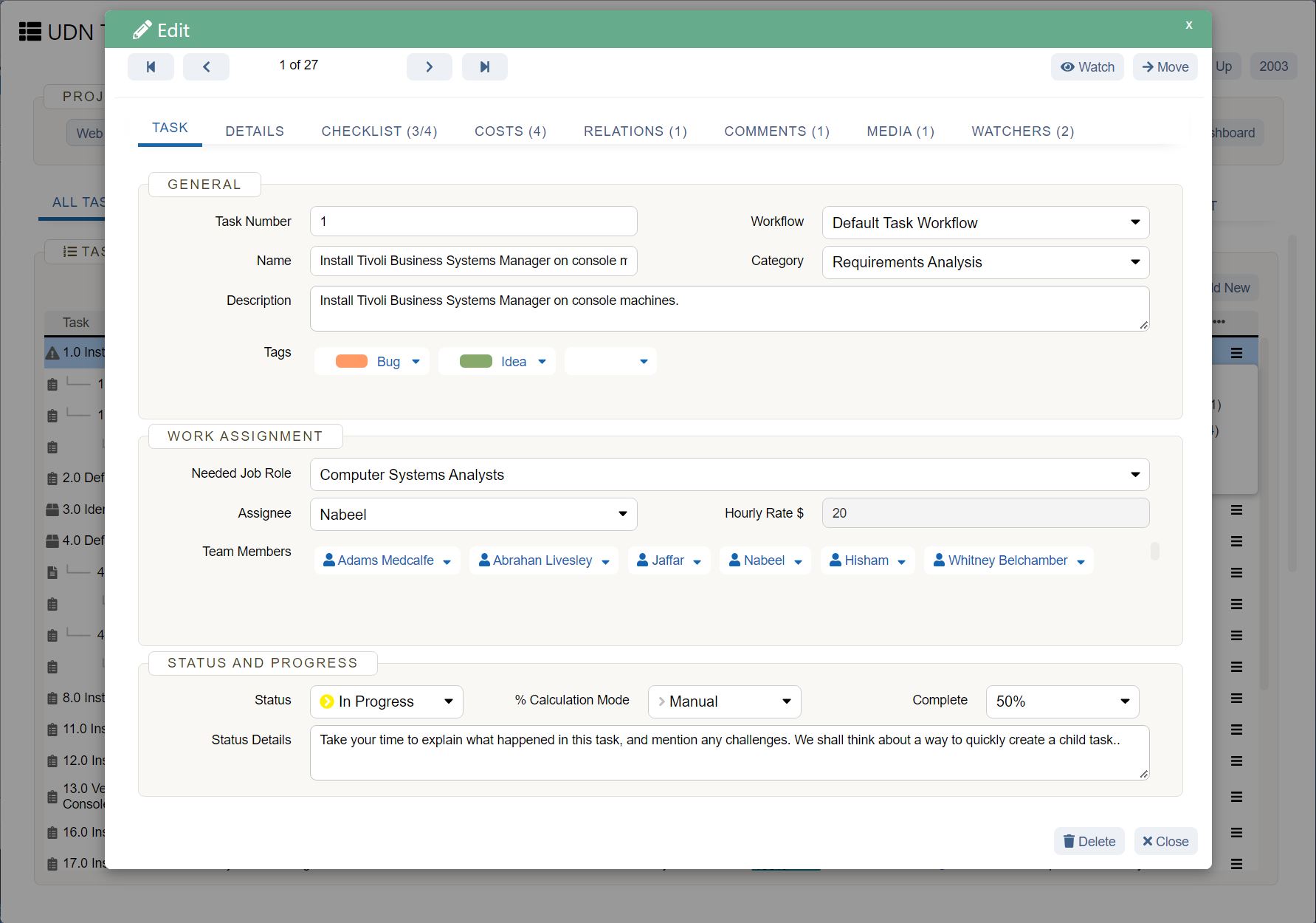
Long-term: This year, set clear boundaries between your work and home life.
Short-term: This week, sign off completely every day by 5:30pm.
Foster team collaboration
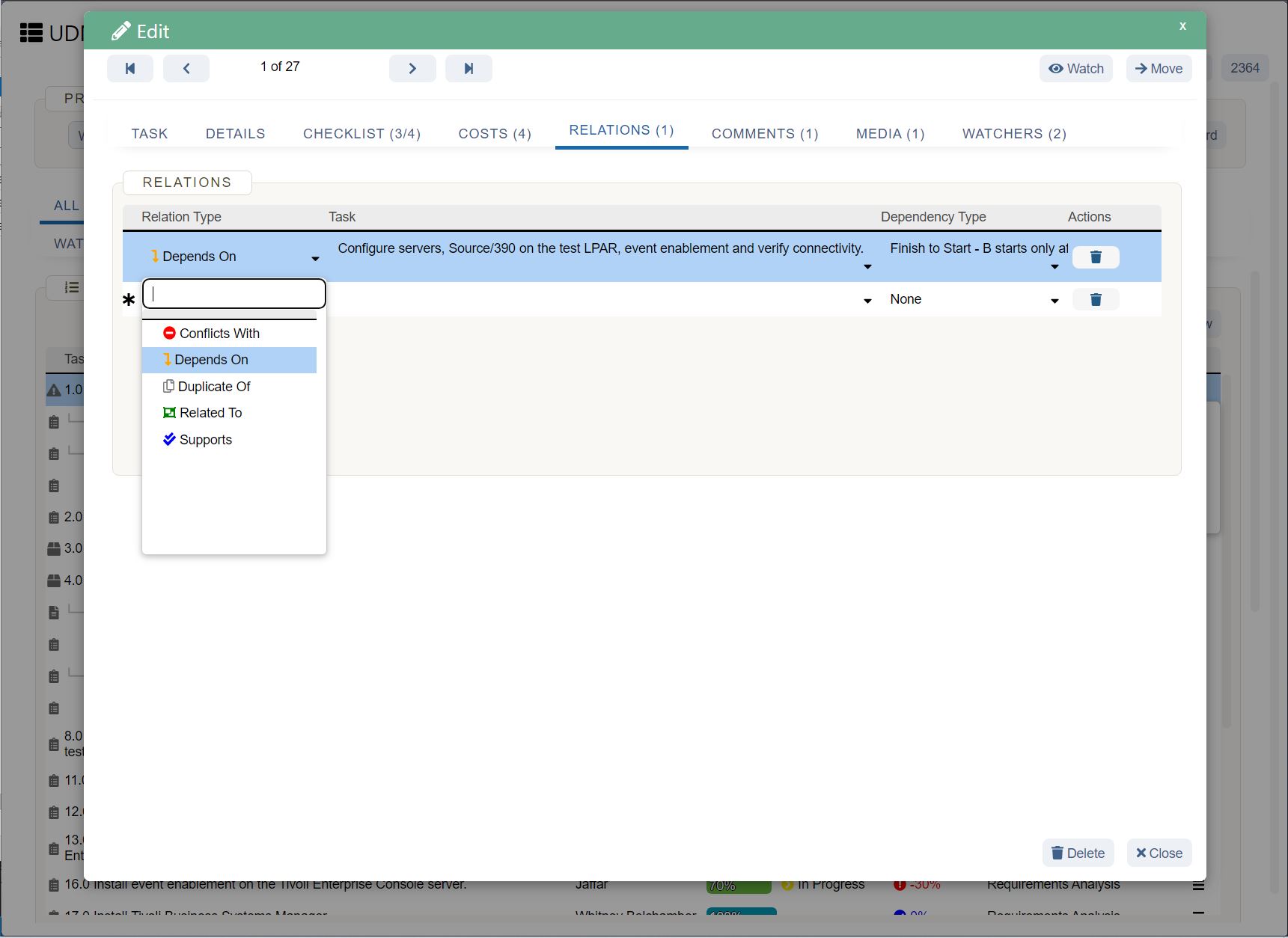
Long-term: Identify two opportunities for cross-functional collaboration per team member over the next 12 months.
Short-term: This week, create a recurring team standup during which everyone can share what they’re working on.
Expand your professional network
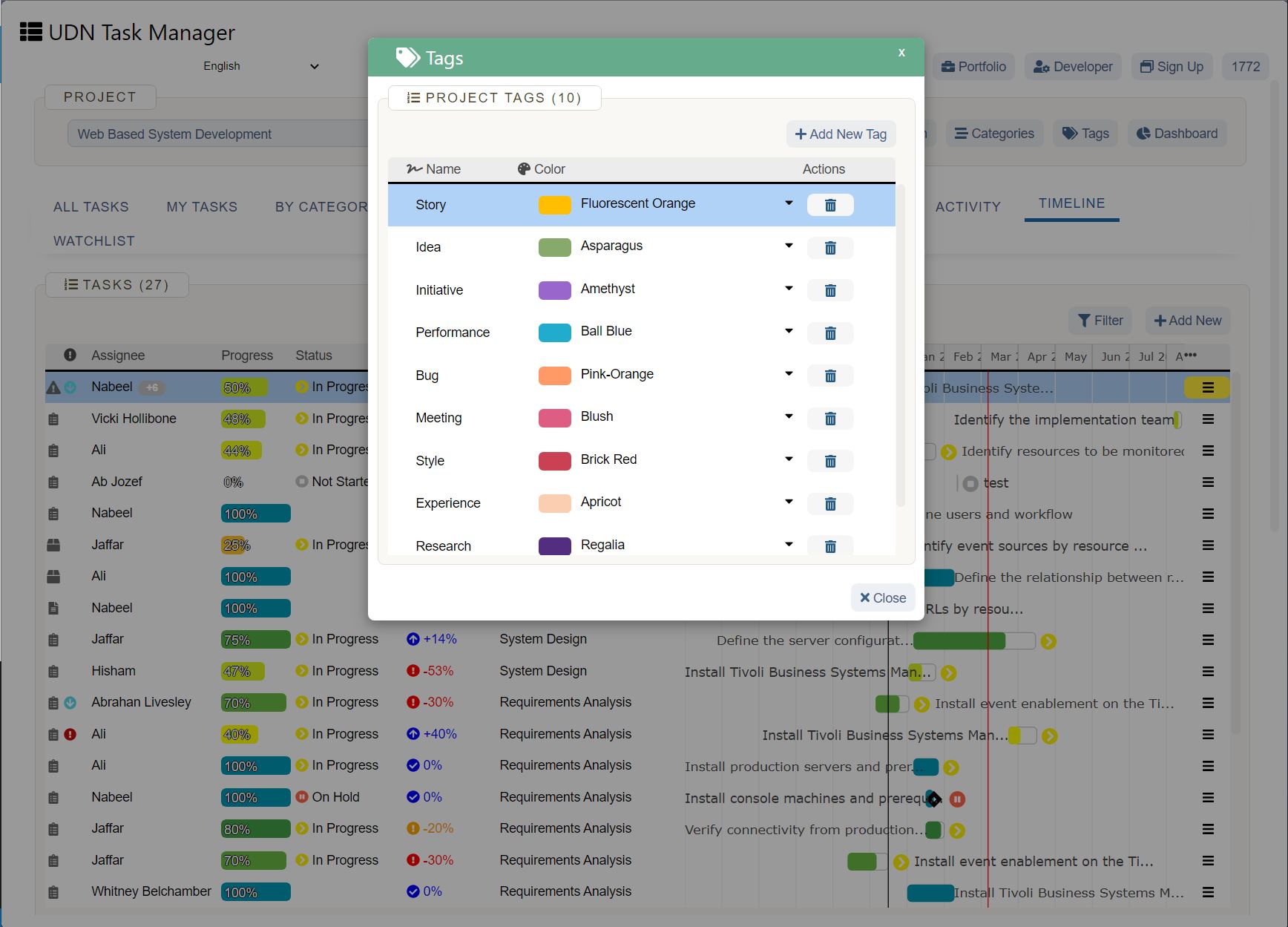
Long-term: Gain 50 new LinkedIn connections this year.
Short-term: Attend a conference next month to meet other industry professionals and improve your communication skills .
Professional goals in real life
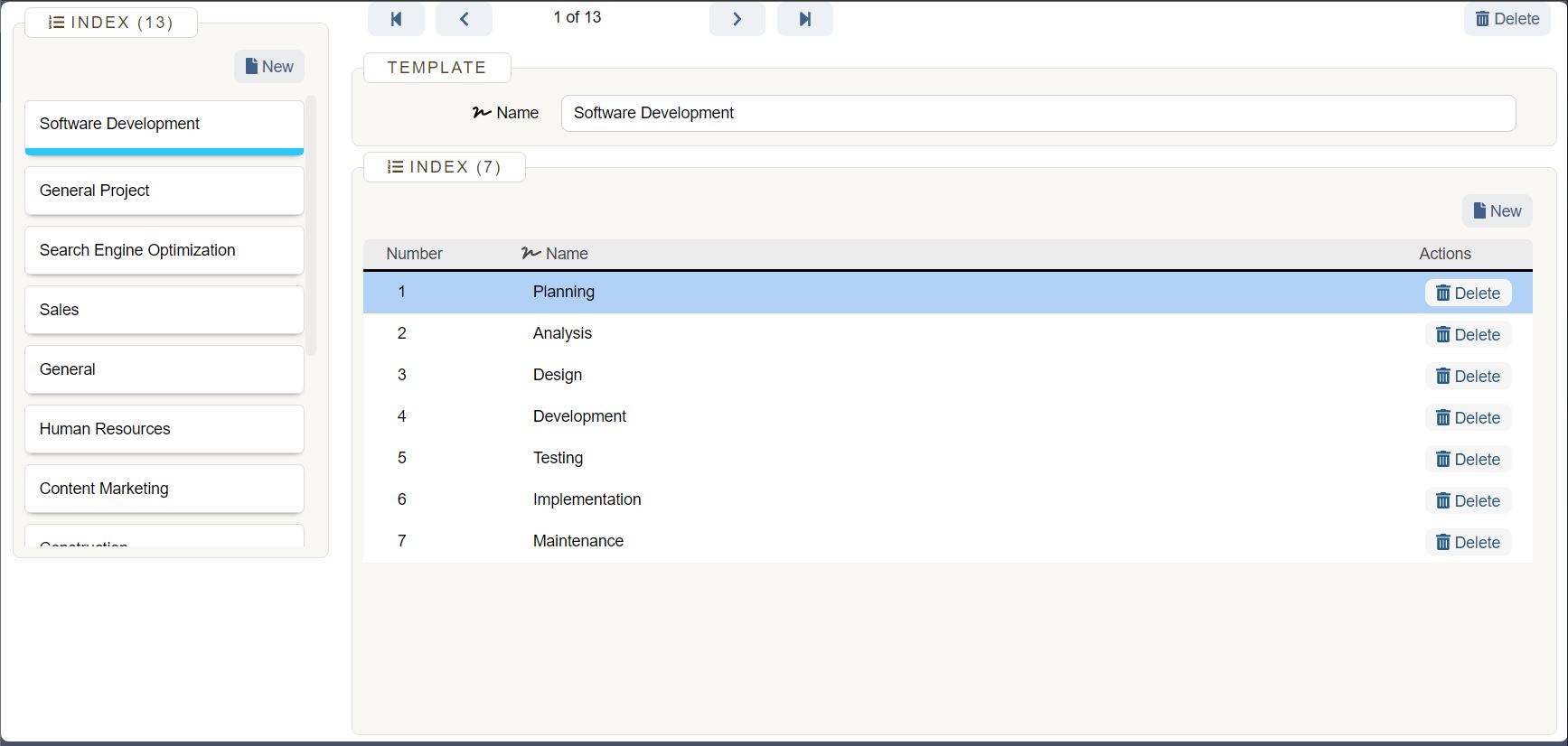
At UDN Task Manager , we believe that goals can unlock our best selves and help us be more productive . In that spirit, here’s how three UDN Task Manager s have used professional goals to foster their career development.
Changing roles within an organization
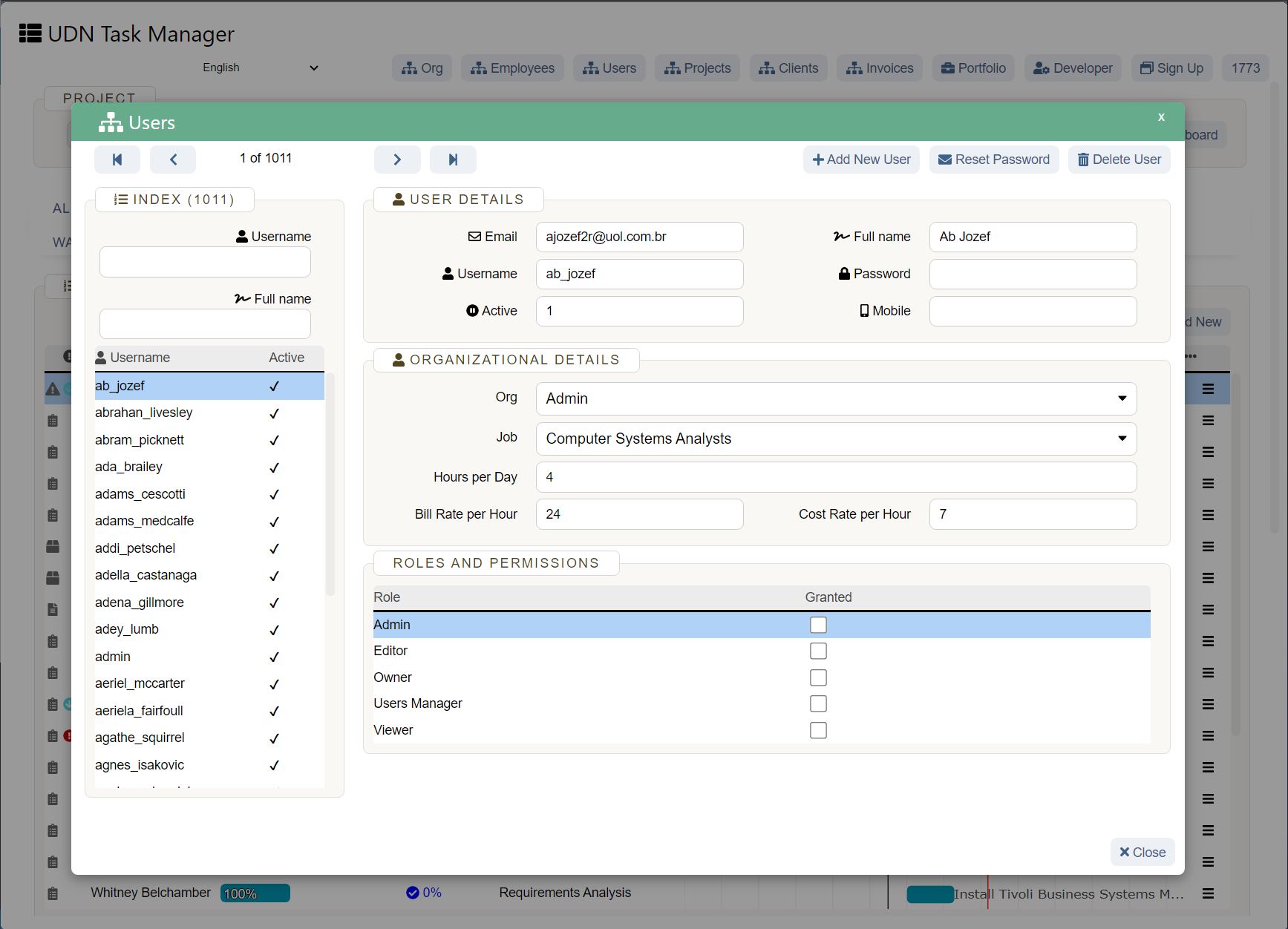
“A professional goal I set was to transition from a risk management role at a tech company to the legal field. I thought I might have to leave tech and join a law firm, but after seeking advice from paralegals and attorneys in my network, I realized I could transition without leaving my company.
I started volunteering for projects where I could collaborate with our in-house legal team and learn more about their work. I kept a close watch on open positions within the legal department, and eventually two positions became available that seemed like a good fit for my skill set. I applied for both positions, documented my transferable skills in the application, and emphasized those skills during my interviews. I was offered both roles, selected one, and have been in Legal ever since!” –Charlotte Manning, Legal Operations at UDN Task Manager
Seeking new challenges within a role
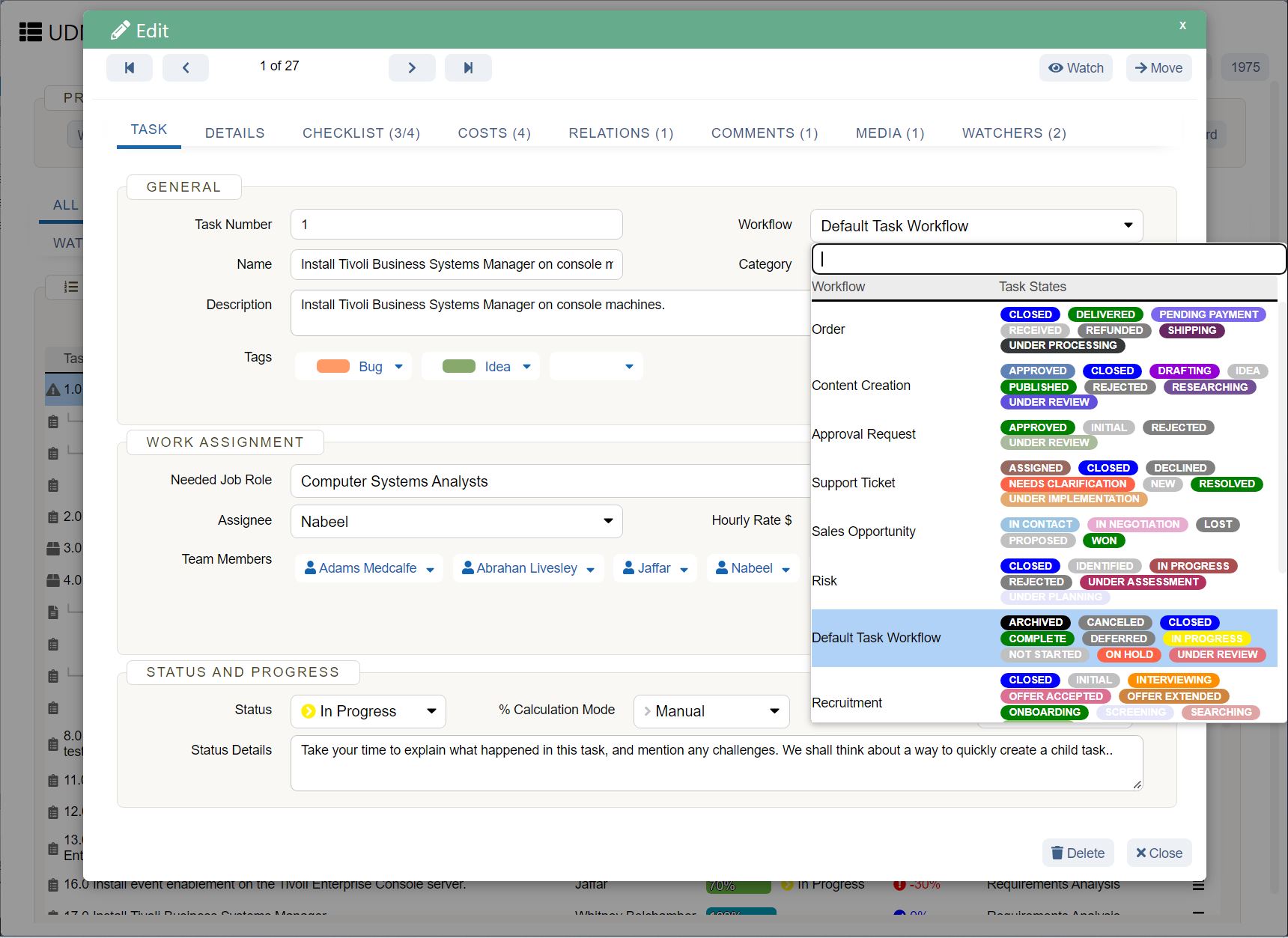
“One of the most impactful professional goals I’ve achieved has been the creation and evolution of UDN Task Manager ’s Anatomy of Work Index . What started as a smaller goal to create a topical piece of thought leadership has quickly grown into our landmark industry report and one of our most prominent annual campaigns. It’s enabled me to work cross-functionally across our entire organization and hone my own skill set on full-funnel campaigns and storytelling for internal and external audiences.” –Erin Cheng, Head of Public Relations and Analyst Relations at UDN Task Manager
Pursuing a new degree
“When I worked at a science museum, I was once in a meeting where every leader in the room had a master’s degree or PhD. So that same month, I set out to research and apply to master's programs. Imposter syndrome had previously kept me away from pursuing education beyond my BA, but with 20+ years of work experience under my belt, I finally felt ready to take on this new challenge. And this May, I graduated from USF with a Master’s in Organizational Development and even had the privilege of giving the commencement speech at my graduation.
It wasn't so much achieving my goal, but the process of working towards my goal that was so incredibly transformative. By trying something challenging, I gained deep insight into who I am and what I can do. While in the program, I had the audacity to daydream about a career where I was solely focused on Diversity, Inclusion, and Belonging work. And before my program was over, I found myself at UDN Task Manager doing just that!” –Liliana Blanco, Inclusion & Belonging Program Manager at UDN Task Manager
Tips to keep your goals on track
The act of setting professional goals is an important step, but it’s equally important to follow through.
Once you’ve set your professional goals, try these three tips to stick with them:
Use short-term goals to create actionable steps , especially if your long-term goals are more broad. For example, the long-term goal “Set clear boundaries between your work and home life this year” isn’t very specific or quantifiable. In this case, it’s a good idea to set more quantifiable short-term goals to support what “clear boundaries” mean to you, such as “This week, sign off every day at 5:30pm.” When you create these smaller milestones, the work feels less daunting and you’re less likely to procrastinate .
Schedule regular progress check-ins . Don’t just set goals and forget them—decide in advance how often you’ll check in to see how you’re tracking towards each milestone . For example, if you’ve set a goal to write 10 blog posts this month, you could schedule time at the end of each week to track your progress. Establishing a regular check-in cadence in advance helps you stay accountable and avoid procrastination.
Use goal tracking software . Goals work best when they’re tied to your day-to-day work. That’s why UDN Task Manager connects tasks and projects to the goals they support, so you know at a glance why your day-to-day work is important. When you create a professional goal in UDN Task Manager , you can set a due date and create automated reminders to update your goal progress—for example, you could create a reminder for the end of each week that prompts you to update your progress towards a monthly goal. And within each goal, you can create sub-goals to help you break work down into manageable chunks.
Grow with intention
Professional development goals are one of the best ways to build the career you want. Setting goals helps you actively decide what to pursue and how you’ll get there, so each day you know you’re progressing towards something that matters. And while change can feel daunting, professional goals give you peace of mind, knowing that you have a clear purpose and path to achieve your career aspirations.











